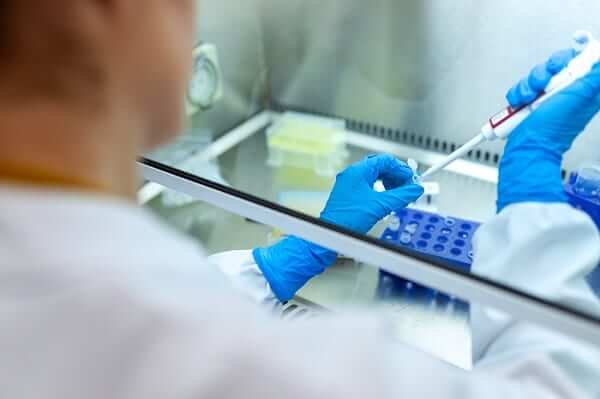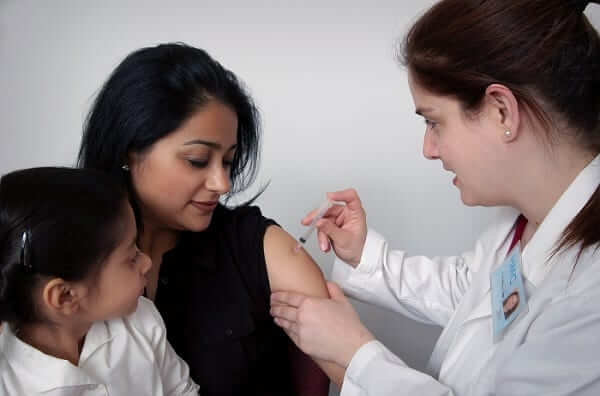
This morning, Prime Minister Scott Morrison announced that Australians would be among the first in the world to receive a COVID-19 vaccine free of cost.
“The Oxford vaccine is one of the most advanced and promising in world, and under this deal we have secured early access for every Australian,” the Prime Minister said.
However, the vaccine developed by the University of Oxford is yet to prove successful in the final stages despite having shown strong positive results in its initial stages.
The Oxford University trial is in a phase-three stage and more work is needed to prove its viability.
Deputy Chief Medical Officer and epidemiologist Professor Kelly confirmed that the “vaccine is still unproven technology” and all measures will be taken to take to identify any side-effects of the vaccine.
READ ALSO: MHFA Victoria supports the community during Melb lockdown
Under an agreement with the British-Swedish multinational pharmaceutical company called AstraZeneca, the Australian government will mass-produce and mobilise the COVID vaccine.
“If this vaccine proves successful, we will manufacture and supply vaccines straight away under our own steam and make it free for 25 million Australians,” Mr Morrison declared.
The Guardian reported that the PM expects the vaccine to be mandatory citing the devastating damages caused by COVID pandemic – “I mean, we’re talking about a pandemic that has destroyed you know, the global economy and taken the lives of hundreds of thousands all around the world and over 450 Australians here.”
The Prime Minister said he’s looking at a 95% vaccination rate exempting some vulnerable groups of the population. He also said that there will be no undue haste in the process of a successful vaccine and as a result, it will be rolled out early next year.
He mentioned that there would be “very strong programs” in place to encourage people to get vaccinated and “do the right thing”.
READ ALSO: COVID-19: Home care advice for mild cases
Raina MacIntyre, epidemiology expert and professor of Global Biosecurity at UNSW believes health care workers, aged care workers and police among others working on the front lines should be the first ones to receive a COVID vaccine.
The Prime Minister also remains committed to ensuring early access to the vaccine for countries in our Pacific family such as Fiji and Papua New Guinea as well as regional partners in Southeast Asia.
In 2019, it was revealed that around 2.3 million people in Australia are temporary residents, including those who possess work and student visas. As many of our readers are also temporary visa holders, it is unclear if they will have to pay for the vaccine and if this would discourage them from receiving the vaccine.





